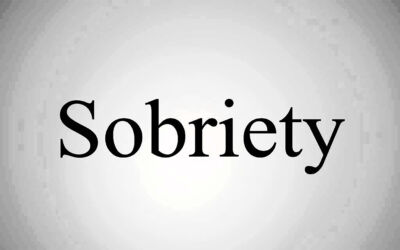It has been said countless times, but it bears repeating…
Addiction is a family disease.
When you are addicted to drugs and/or alcohol, your whole family suffers with you. While you may not be aware of the collateral damage your addiction is causing, your loved ones bear the brunt of your choices. The results on your family can be catastrophic, and the anger, worry and resentments they feel can give rise to a myriad of issues. One of the most devastating byproducts of a loved one’s addiction is the development of mental issues–including PTSD.
A Brief Explanation of PTSD
In its simplest terms, PTSD is a mental condition that arises when people experience traumatic events. Examples include natural disasters, war and combat, sexual and physical abuse, serious accidents or violent personal assaults. While this condition is most commonly associated with those in the military, anyone exposed to a repeated traumatic event can experience PTSD.
Those with PTSD experience intense thoughts and feelings that related to their experience that last long after the event has concluded. They often experience flashbacks of the event itself, and are prone to intense fear and anger. Oftentimes, people with PTSD will avoid situations which are associated with the traumatic event.
The Million Dollar Question…
Given the definition of PTSD, can it be possible that your loved ones can develop this condition as a result of your addiction?
The answer is a resounding yes.
While your family may have tried to help you, the toll of your addictive behavior eventually wears them down. The unpredictability of addictive behavior and the manipulation associated with those behaviors can make you family feel shell shocked and physically and psychologically fatigued. After a period of time, your family may feel that giving in to your behaviors is easier than trying to face them head on.
The attention that is paid to your addiction often creates anxiety, depression and intense anger which are hallmarks of PTSD. If professional help is not found, family members may start turning on each other. Worse yet, the intense feelings family members experience may create mental health issues like PTSD as well as substance abuse issues.
Reaching Out for Help
When you make the decision to enter treatment, it is imperative that your family is part of the treatment process. Most treatment programs feature family therapy programs which fosters acceptance, healing and growth. With the help of an experienced therapist, each family member can share their experiences and understand their role in a loved one’s addiction in a safe and supportive environment. As the family unit heals, it creates a healthy environment for you to nurture your recovery.
In addition to family therapy, it is highly recommended that you attend some form of support group such as Alanon, Alateen or similar group. These groups were specifically created for families of addicts to gain support. Additionally, attending therapy outside of treatment can be extremely helpful in building the healthy communication and coping skills to strengthen recovery.
If your family needs help, call contact Drug Rehab Program Journal toll-free at 1-800-205-1201. Our experienced and compassionate team of professionals will provide you the resources and support you need to heal the wounds of addiction.




